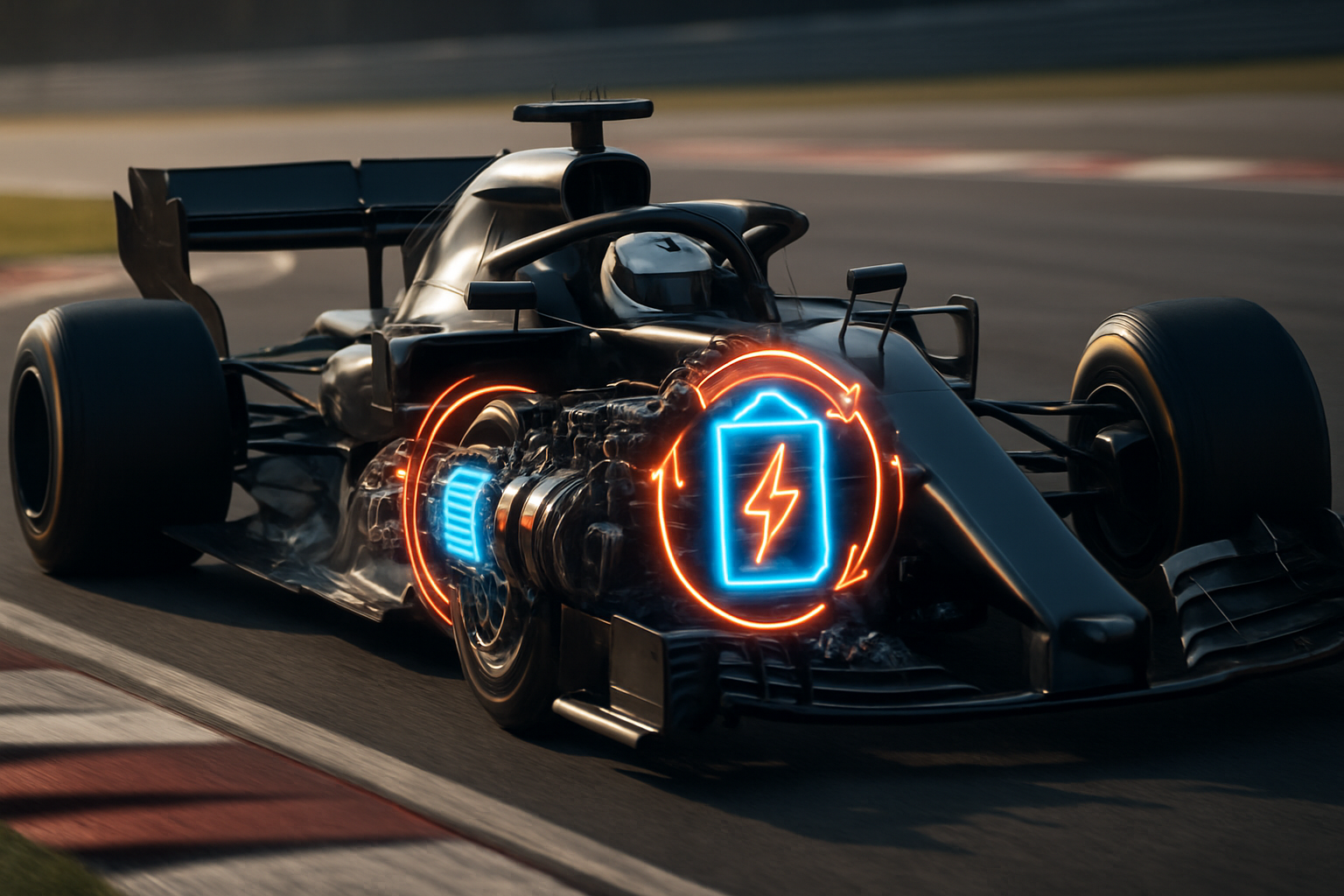Synthetic Fuels: The Future of Sustainable Racing
The world of motorsports stands at a crossroads, balancing the thrill of high-octane competition with the pressing need for environmental sustainability. As the automotive industry grapples with reducing carbon emissions, a promising solution has emerged on the horizon: synthetic fuels. This groundbreaking technology offers a tantalizing glimpse into a future where the roar of engines and the smell of burning rubber can coexist with eco-friendly practices. But what exactly are synthetic fuels, and how could they revolutionize the racing world?

A Carbon-Neutral Solution for Racing
One of the most compelling aspects of synthetic fuels is their potential for carbon neutrality. While burning these fuels still releases CO2 into the atmosphere, the carbon used in their production is captured from the air, creating a closed-loop system. This means that synthetic fuels could allow racing teams to maintain their high-performance engines without contributing to net carbon emissions. For a sport often criticized for its environmental impact, this technology offers a path to sustainability without sacrificing the core elements that make racing so thrilling.
Preserving Heritage and Horsepower
For many racing enthusiasts and teams, the transition to electric powertrains represents a significant departure from tradition. Synthetic fuels offer a compelling alternative, allowing the continued use of internal combustion engines with minimal modifications. This preservation of heritage is particularly important in classic car racing and historic motorsports events, where the authenticity of vintage engines is paramount. By providing a drop-in replacement for traditional fuels, synthetic alternatives could ensure that the rumble of classic V8s and the whine of turbocharged six-cylinders continue to echo around racetracks for generations to come.
Technical Challenges and Innovations
While the concept of synthetic fuels is promising, several technical hurdles must be overcome before widespread adoption in motorsports becomes feasible. One of the primary challenges is energy efficiency. The production process for synthetic fuels is currently more energy-intensive than the extraction and refinement of fossil fuels. However, as renewable energy sources become more prevalent and efficient, this gap is expected to narrow. Additionally, researchers are exploring catalysts and production methods that could significantly reduce the energy requirements and cost of synthetic fuel production.
The Role of Motorsports in Advancing Synthetic Fuel Technology
Historically, the world of racing has served as a proving ground for automotive innovations, from aerodynamics to safety features. Synthetic fuels represent the next frontier in this tradition of technological advancement. Several high-profile racing series, including Formula 1 and the World Endurance Championship, have expressed interest in incorporating synthetic fuels into their sustainability strategies. This commitment from top-tier motorsports could accelerate the development and refinement of synthetic fuel technology, potentially leading to breakthroughs that benefit not just racing, but the broader automotive industry as well.
Economic Implications for the Racing Industry
The adoption of synthetic fuels in motorsports could have far-reaching economic implications. While initial costs may be higher than traditional fuels, the long-term benefits could be substantial. Racing teams and organizations that invest early in synthetic fuel technology may gain a competitive advantage, both on and off the track. Furthermore, the development of synthetic fuels could create new sponsorship and partnership opportunities within the racing ecosystem, potentially offsetting some of the costs associated with this transition.
The Path to Implementation
As with any significant technological shift, the integration of synthetic fuels into motorsports will likely be gradual. Many racing series are considering a phased approach, starting with blending synthetic fuels with traditional gasoline before moving to fully synthetic options. This measured implementation allows time for engine manufacturers to optimize their designs for these new fuels and for production capacity to scale up to meet demand. It also provides an opportunity to gather real-world data on performance and reliability, crucial factors in the high-stakes world of competitive racing.
A New Era of Sustainable Speed
Synthetic fuels represent a compelling vision for the future of motorsports – one that balances the passion for performance with the imperative of environmental stewardship. As research progresses and production techniques improve, these innovative fuels could usher in a new golden age of racing, where the thrill of competition aligns seamlessly with global sustainability goals. While challenges remain, the potential benefits of synthetic fuels extend far beyond the racetrack, offering a pathway to cleaner transportation without abandoning the internal combustion engine. As the checkered flag waves on the era of fossil fuels, synthetic alternatives stand poised to take the pole position in the race towards a sustainable future for motorsports.






